Want to hear more from the actors and creators of your favorite shows and films? Subscribe to The Cinema Spot on YouTube for all of our upcoming interviews!
Lead Critic for the site, as well as serving as an editor when needed.
Ari Aster’s third feature film, Beau is Afraid, is nothing anyone can prepare for in any way possible. It is one man’s wild ride through his paranoid, anxiety-filled mind, and what follows is pure insanity. It does not ever pull any punches, albeit in the best of ways.
While this is another great film by Aster, it is less “Jewish Lord of the Rings” than an “insane character study”. It is a film that wants you to experience every single thing its protagonist does, in the craziest ways.
Aster continues to make crazy, off-beat films, and it makes sense that a studio like A24 would produce all three of his features so far. It would be a surprise to see him at another studio, with A24’s track record, he will continue to make extremely zany films, and I am here for it.
Very minor spoilers to follow. It would be a shame to discuss every single thing Beau Is Afraid throws at the audience.
The Plot
Similar to other three-hour pieces of cinema, Beau Is Afraid looks to tell an epic odyssey with a huge, entertaining, and intriguing story, like Paul Thomas Anderson’s Magnolia (1999) and Damien Chazelle’s Babylon (2022).
However, at times, the plot takes a left turn, and things get batshit crazy. Then the craziness subsides, and things, almost literally, circle back to the main story at hand. The main story concerning Joaquin Phoenix‘s Beau Wassermann is quite simple: visiting his mother after a few months, and the anxiety he has to face dealing with her presence once more. However, things do not go quite that simple for Beau, and his trip makes him question his whole life and the guilt he faces to find some peace.
The film’s opening sequence almost makes you feel as if you are about to watch a biopic, or even create a role-playing character, as it is the birth of Beau played out from his perspective. The film then jumps to a routine therapy appointment for Beau, with his therapist (Stephen McKinley Henderson) ultimately being not who he seems by the film’s climax at the end.
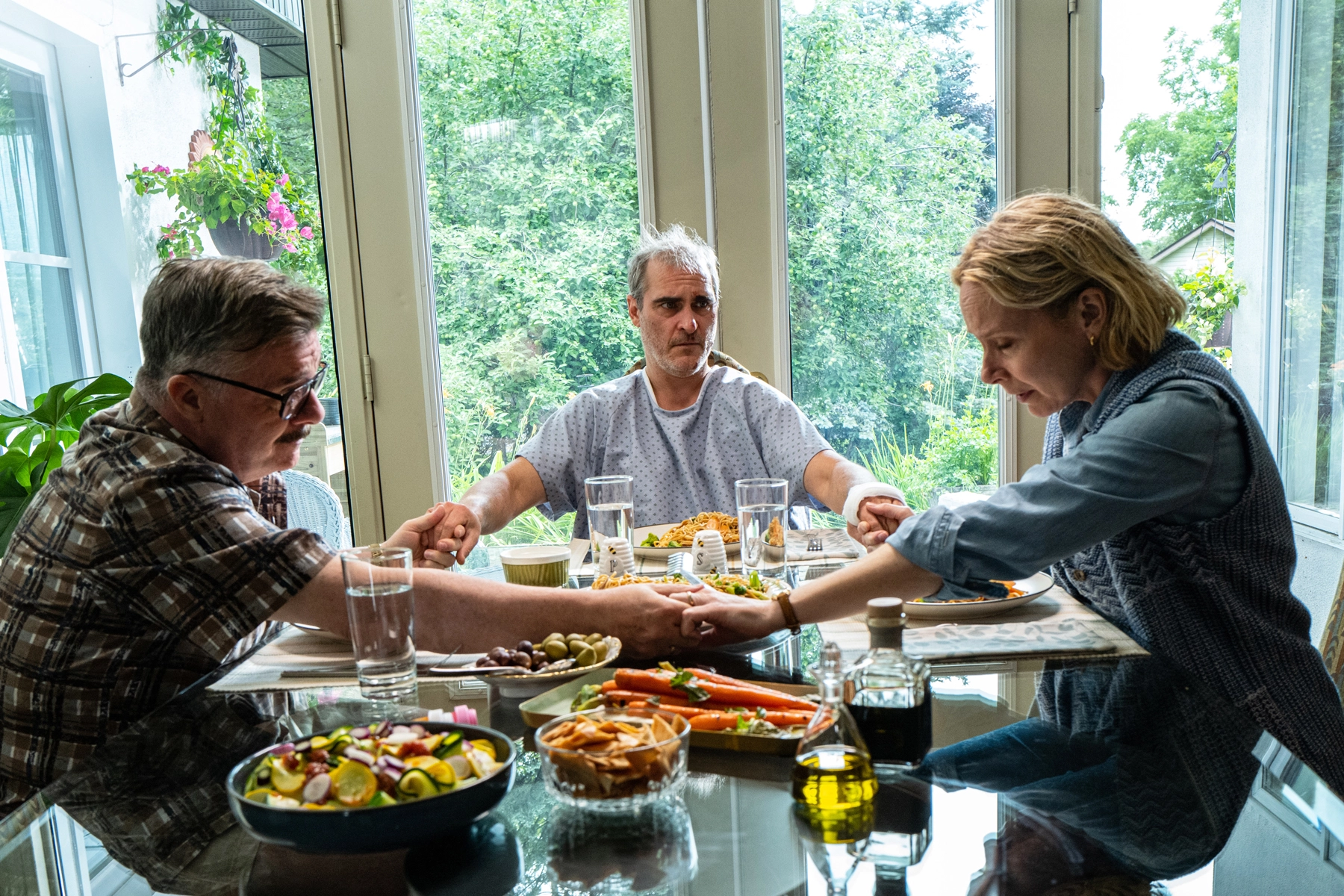
As prefaced earlier in this review, not a single thing can prepare anyone for what this film does. After about the halfway point of Act Two, I thought the film would end at several points, but it just keeps going. That is not necessarily a bad thing in this case. It seeks to deliver every fear, delusion, and anxious thought shot after shot, and it works for the most part.
The most cohesive parts of Beau Is Afraid are the first and third acts, and even those acts have their devolutions from the main plot as well. Both the film and Joaquin Phoenix do a fantastic job of presenting who Beau is, and everything that should be expected from this adventure: pure chaos. Beau’s reality is surrealist at best, and the film never hits the brakes on this beat. Almost like a hamster on a wheel, the film gets on and keeps running at full speed.
After his inciting incident, losing his house keys and suitcase, Act Two takes Beau away from his disgusting and run-down apartment, and onto his first steps that ultimately lead to his confronting everything, for better or worse. It is in these moments that the film shines the most. Otherwise, it might feel like a huge overshare of one guy’s issues, or being gaslit for three hours.
What It All Means
Ultimately, Beau Is Afraid is about everything someone can feel wrong about: shame, guilt, anxiety, paranoia, and even something as insane as mommy issues. Beau seems to have had one wrong misstep after wrong misstep nearly his entire life. Armen Nahapetian portrays these younger moments greatly, and he helps fill in the gaps in Beau’s life that are not central to the main conflict. Although, these occupied spaces ultimately help the audience understand Beau in the long term and his total characterization. Aster wants you to grasp everything.

At times, the film gives Beau a slight Oedipus complex, and while those are usually the more risque moments, they too give our protagonist a bit more layers. However, the root of several of his problems lies with his mother and his experience growing up. How people are raised forms and shapes who they inevitably become later in life, and some people embrace it. Beau certainly does.
It also deals with everything else we encounter in life: culture, society, significant others, first loves, and the list goes on. Aster presents insanity in every frame, and it works to the best of his ability. He wants to share the parts of the world and life that everyone can be scared to even think of, let alone discuss. Ultimately, the film somehow shouts for another numbness for something like the womb, or complete silence and giveaway of life, to be rid of the harsh reality of it.
What Could Be Less
Beau Is Afraid presents a lot on screen. There is so much going on in the frame around Beau. It is odd, and at times, feels like too much. Thankfully, once these devolutions finish dealing with Beau, the film does come back to its main story. Some of these elements are mostly mise-en-scène. Yet, to the normal theatre-goer, it could come off as random bullshit blocking the main story in the frame. It is why this film is not perfect but still does a brilliant job accomplishing the main task at hand.

Unlike the aforementioned films, Magnolia and Babylon, the narrative is not as totally cohesive throughout Beau Is Afraid‘s runtime. Act Two is nearly a complete deviation from the main plot, and there is a nearly thirty-minute sequence that could honestly be cut entirely from the film; it would be the same front to back. It’s in these parts of the film, where Aster missteps. Otherwise, it is a very enjoyable experience on screen. Just when you think the film is going to end though, it keeps going, and I cannot completely say that it is neither good nor bad. It just continues on with madness, for better or worse.
Technical Elements
Of course, what makes this film so entertaining to watch is everything else it presents. Aster employs shots he did not use much of in his previous two films, albeit he still sticks in his signature looks. The editing, by Lucian Johnston, is a little more choppy and cutty this time around, but it still works very well in Aster’s favor. In Midsommar (2019), he employed almost nothing but wide shots, with constant panning. He uses a similar technique here but there are more cuts involved, and it is quite a nice change of pace for Aster. However, I would have enjoyed more upside down to regular shot movements with the camera, which tend to be some of his best shots. Johnston served as the editor on Hereditary (2018) and as a co-editor on Midsommar as well.
The huge supporting cast of Patti LuPone, Zoe Lister-Jones, Nathan Lane, Amy Ryan, Parker Posey, Stephen McKinley Henderson, Kylie Rogers, Denis Ménochet, Richard Kind, Hayley Squires, & Julian Richings were amazing in their roles.
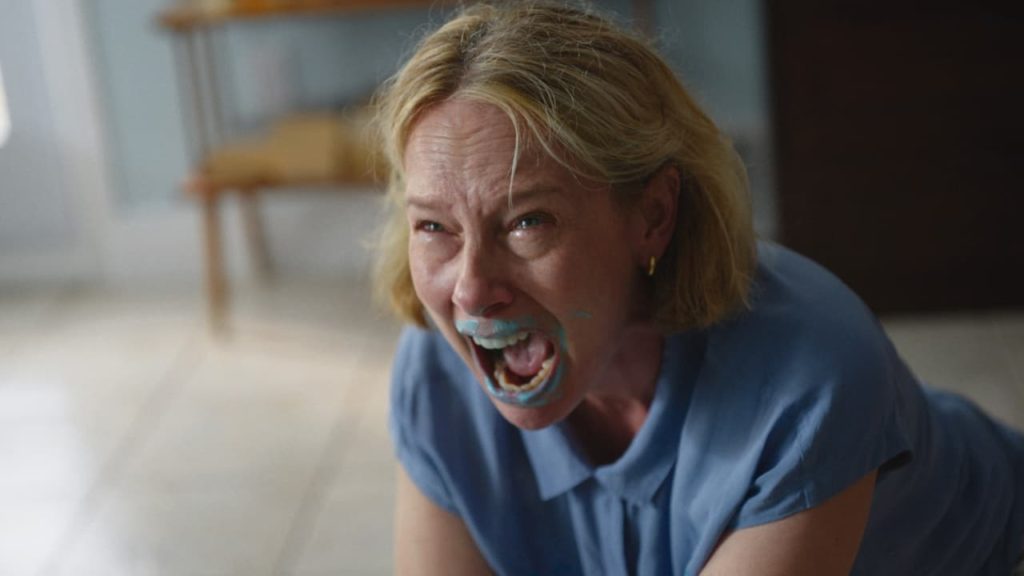
Lister-Jones as Young Mona (Beau’s Mother) was a great opposite for LuPone, and I think they added more characterization to her, similar to Phoenix and Nahapetian for Beau. Ryan, Lane, and Rogers were perhaps the best of the entire supporting ensemble. Their sequence is one of the best in the film and they just let loose, which is awesome. The Jeeves character (Ménochet) felt like a physical interpretation of a mixture of PTSD and facing your fears. He never quite goes away until Beau discovers a huge truth he had no knowledge of near the climax of the film. It’s funny, but quite sad at the same time.
Michael Gandolfini, Théodore Pellerin, and Mike Taylor portray Beau’s three sons from a parallel of his life. They are a welcoming addition to an already stacked cast, and they do well with their short screen time. Posey is also someone with short screen time, albeit she uses it well too. I do think more of her could have been different for Beau in the grand scheme of the story though.
Having served as the cinematographer on his past two films, Pawel Pogorzelski is behind the camera again on Beau Is Afraid, and continues to showcase his talent with framing and camerawork. Pogorzelski and Aster continue to be a great team as well, and showcasing Beau in the center of the frame in nearly every shot is substantial to their story. It is expectational camerawork nonetheless. Bobby Krlic’s score is great and comes at your eardrums full force when the insanity of Beau’s world kicks in. Krlic also scored Aster’s sophomore feature, Midsommar.
Final Thoughts
In the madness of the film, it just gives shot after shot. Films that last for three hours or more are a fantastic journey. Their messages are resolute and powerful. They should leave you with something. Beau Is Afraid does that, and more. It is not perfect, but it is not a disaster either. It works in the way it wants to and does not care what anyone thinks. It goes from madness to more madness in a matter of seconds. It demands the audience’s attention and really makes you question everything you have just seen by the final shot.
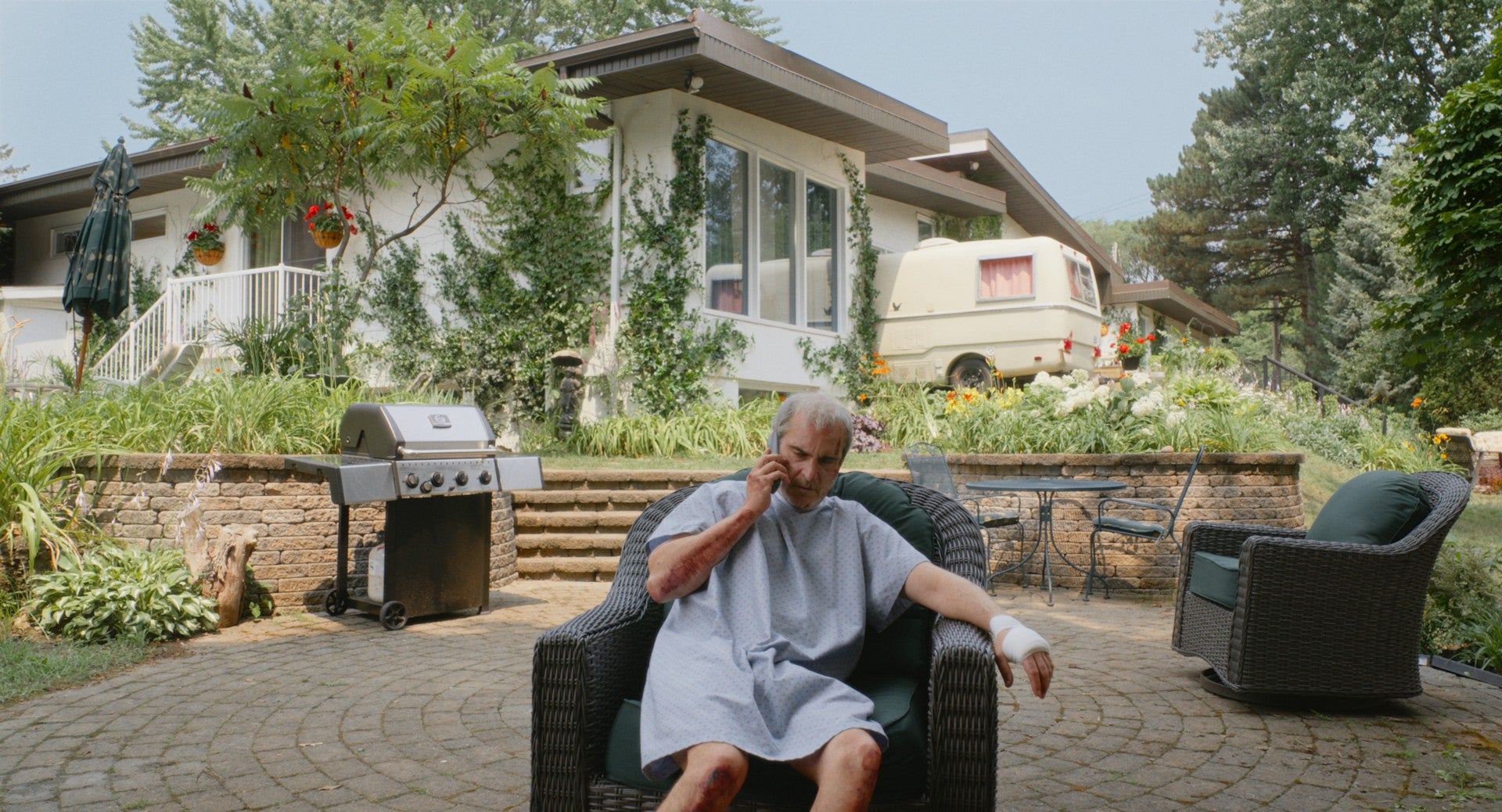
Aster has made a film that will probably become the most polarized of his entire filmography, and it is only his third. Phoenix has given another insanely powerful performance and is perhaps the best element of the film. But nevertheless, Ari Aster delivers another thrill ride of cinema and continues to showcase his innate talent, with more on the way. This was definitely one of the weirder movie theatre experiences I have had, and it was honestly extraordinary.
4.5/5 stars
Ari Aster’s Beau Is Afraid is now playing in theatres everywhere!
For more insane film reviews, be sure to follow The Cinema Spot on Twitter, Instagram, and Facebook!
Lead Critic for the site, as well as serving as an editor when needed.

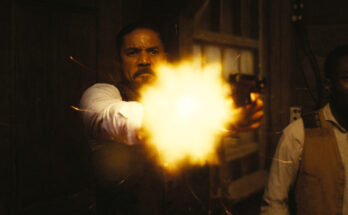
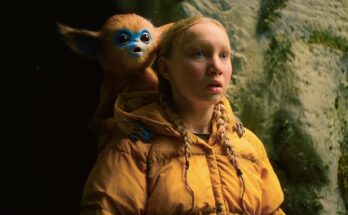

16 Comments on “‘Beau Is Afraid’ Non-Spoiler Review – An Epic Odyssey You Can’t Expect”